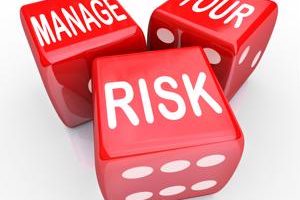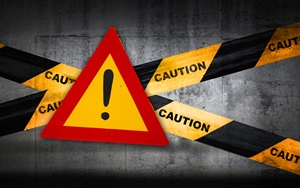
If you own a business, you're well aware that risks are everywhere. Strategic, financial, technological — they come in all forms and you need to be ready to navigate them. That's where an effective risk management strategy comes into play. Whether you've yet to create one or find your current one is lacking, read on for a few tips for developing a solid risk management strategy.
First, what is a risk management strategy?
In business, you want to avoid anything that could negatively impact your organisation and get in the way of success. A risk management strategy helps you achieve that. It's a structured approach to identifying, analysing and addressing different types of risks before they can do serious harm to your business.
Understanding risk: Building your strategy's foundation
To build a solid foundation for your risk management strategy, you should understand what risk means for your business and the multifaceted nature it can take. To achieve this, conduct a thorough risk assessment. This allows you to prioritise the risks that could have the most significant impact on your business.
Potential risks to consider include:
- Financial risks, such as fluctuations in the market.
- Environmental risks, such as natural disasters.
- Technological risks, such as cyberattacks.
- Safety risks, such as accidents on the job.
By understanding the likelihood and potential severity of different risks, you can allocate resources more effectively and design a more targeted risk management plan.
Components of a risk management strategy
As we mentioned earlier, your risk management plan must include risk identification, analysis and mitigation strategies. In addition, integrate ways of prioritising risks and monitoring them.
Beyond that, business leadership must understand the importance of the risk management plan. To be truly effective, your risk management strategy must be woven into everyday business processes. This means going beyond a document that sits on a shelf in a binder — it should be a living part of your operations. Regular training, clear communication and a culture that encourages risk-aware decision-making are all integral to embedding the plan into the daily rhythm of your business.
Manage risk with WMC Accounting
The value of a proactive risk management approach cannot be overstated. By anticipating potential risks and preparing accordingly, you're not just protecting your assets — you're also creating an environment where your business can thrive despite uncertainties. If you want assistance in any part of this process, don't hesitate to reach out to the experts at WMC Accounting.



